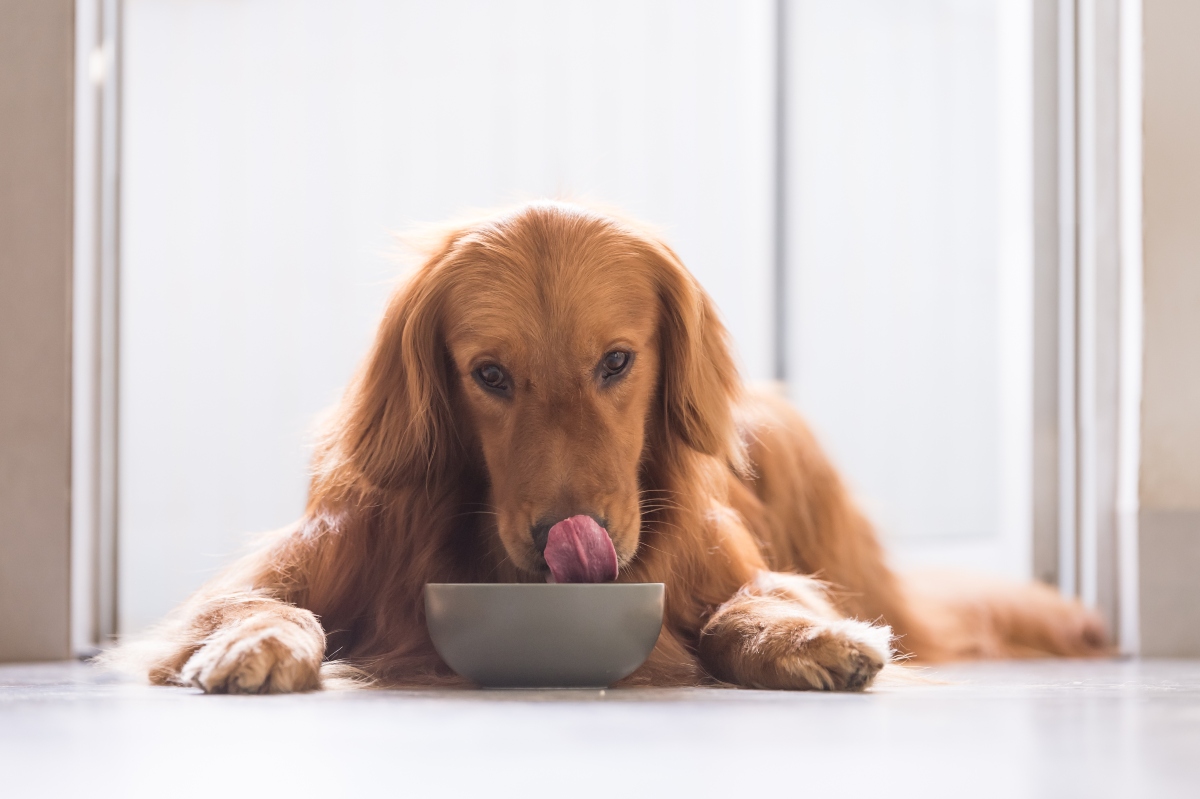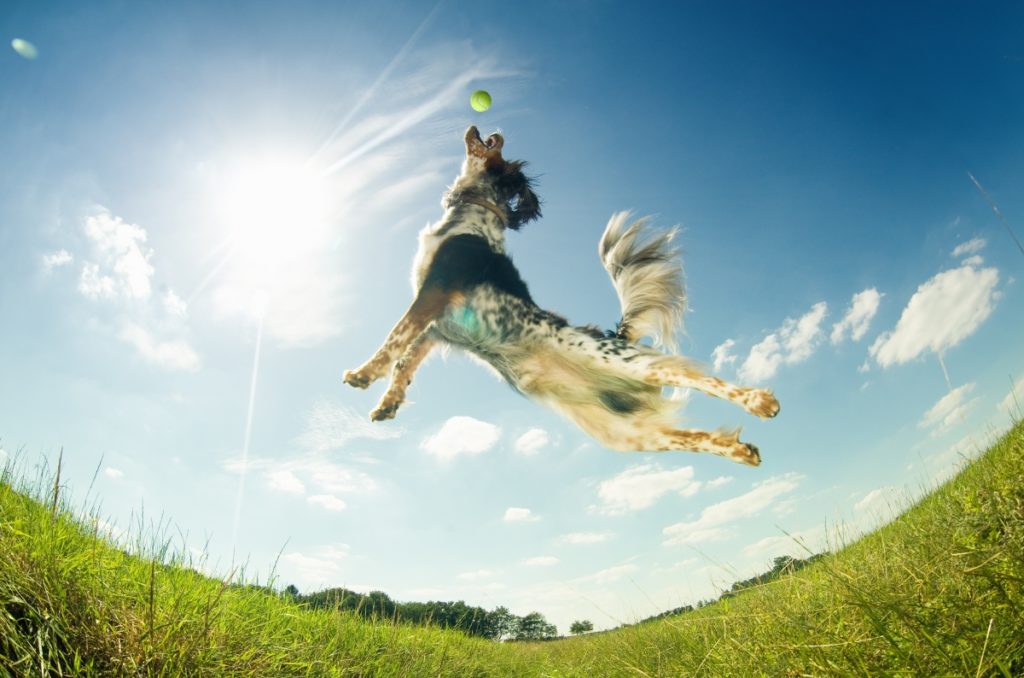We take care of our pets throughout the year — that’s for sure. But summer is always a tough season. It requires extra precautions to ensure the safety and well-being of our little furry loved ones.
It’s no fun having to make a trip to the vet during this time, especially with the pandemic restrictions affecting consultation. It’s not fun for your pet either if they have to spend their summer feeling sick. To ensure that our fur babies enjoy their summer as their humans do, here are summer precautions that need to be taken.
Lawn and Yard Treatment
Your lawn, shrubs, trees, and flower beds will have grown a lot from the previous season. Ergo, it’s the perfect breeding ground for pests, bugs, and ticks. Come summer, they’ll be crawling and invading your lawn, which makes it a tad difficult to enjoy summers in your garden or backyard.
To make sure your pet enjoys summer outdoors, take advantage of the dry season to get rid of yard clutter and clear out any unhealthy vegetation in the garden. This prevents insects and bugs from setting up camp in damp and overgrown areas in the garden and causing lawn damage.
Likewise, ticks abound during the season; it’s best to call for tick control service to get rid of any ticks hiding in the lawn and anywhere around your property. Tick control chemicals are best applied by professionals who can ensure proper coverage and know the typical areas where ticks can be found.
Ticks are harmful not just to our pets but to humans as well. This is why it’s important to get rid of them on your property. With a clean, pest-free, and tick-free yard and garden, you can be sure that you and your pet are safe from these creepy crawlies.

Provide Shade and Water
Sometimes, our pets prefer to laze around outdoors before deciding to come back inside the house. However, during the summer, our pets are more prone to dehydration and sunburn.
Yes, you read that right. Animals can get sunburn from staying too long under the sun, especially pets with short hair or thin coats. If your pet loves running around the yard and staying outdoors a lot during the summer, make sure that they have a shaded area where they can rest and take shelter from the sun when it gets too hot.
It would also help to use sunscreen to protect their skin from the harsh UV rays and avoid cutting their hair too short or shaving their coat too thin. Their hair and coat protect their skin from the sun. Keeping it at the right length will help keep their body temperature down while protecting their skin from the sun.
On top of that, dehydration is a common occurrence for pets during the summer; ensure that your pet has access to fresh water whenever they’re outdoors. Make sure to clean their water container and replenish their water every day. Bacteria can grow on the surface of their lick bottles and water bowls. These containers can become a breeding ground for bacteria and harmful germs that can pose a health risk to humans and pets.
Our pets have bacteria in their mouth, and it transfers to the water in their containers whenever they drink out of it. When we let our pets drink out of unclean containers and bowls, germs can continue to build, leading to the growth of harmful bacteria, including E. coli. Make sure to clean their containers daily to avoid the risk of infection and disease.
Keep Them Cool Indoors
On scorching days, it’s probably a good idea to keep them from staying outdoors for extended periods to prevent heatstroke. Keeping them indoors during a hot day will prevent them from wandering off to find shade, especially if your home is located nearby the woods.
Ticks are likely everywhere in the woods, and your pet can easily get them in a matter of minutes of being exposed to an infested area. If your dog is likely to wander and has a habit of strolling the woods, an anti-flea and anti-tick collar may be a good idea for your pet to wear. Note that these collars vary in size and chemical intensity; make sure to consult your vet for the right collar type before wearing one on your pet.
Aside from that, make sure that they have a comfortable space indoor where they can walk and are free to stay whenever they need a little walk or a tight nap.
With these ideas in mind, you can prepare your pet for the hotter months of the year. Remember not to take the fun out of the season.

